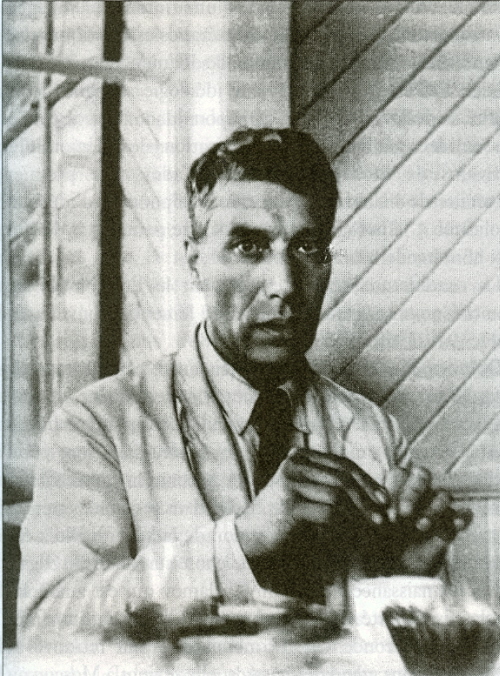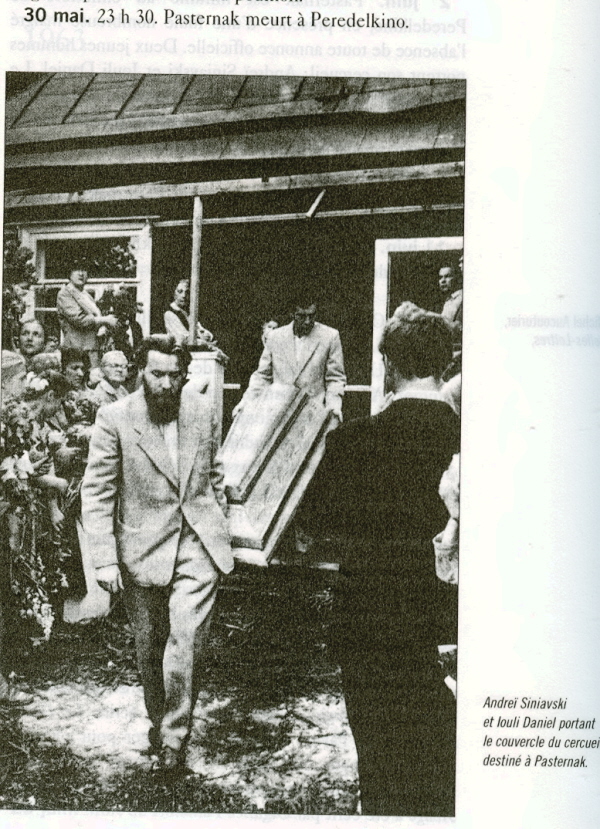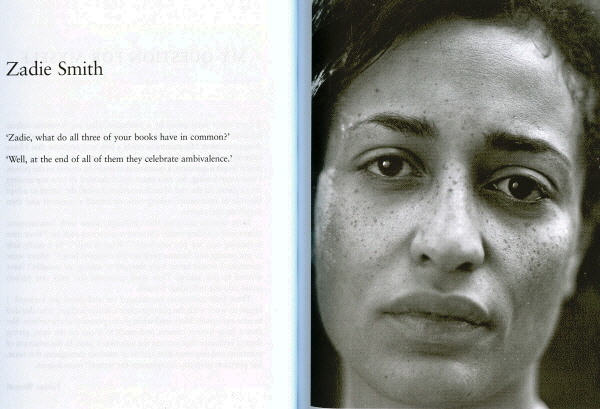Giai thoại | Potin | Nhật ký | Linh tinh | Thống kê | Viết ngắn | Tưởng niệm | Tiểu thuyết | Sáng tác | Sách mới xuất bản | Lướt Tin Văn Cũ | Kỷ niệm, kỷ niệm
Thời Sự Hình | Gọi Người Đã Chết |Ghi chú trong ngày| Thơ Mỗi Ngày| Nhật Ký Cũ
 Nguyễn
Quốc Trụ Đã
xuất bản * Một khi kiếm, không thấy trên Nhật Ký, index: Kiếm theo trang có đánh số. Theo bài viết. Theo từng mục, ở đầu trang Tin Văn. Nhìn lại những trang Tin Văn cũ 1 2 3 4 5 Bản quyền Tin Văn |
THE FACEBOOK
SONNET Welcome to
the endless high-school The present.
Why can't we pretend That occupy
the young. Let fame Let's sign
up, sign in, and confess -Sherman
Alexie Bài
sonnet Facebook Chào mừng bạn tới với cuộc họp
mặt Tại sao chúng ta không
thể giả đò Cái gì vậy cà? TURNING
almost
everything it seems sometimes that I did
not notice when they stood this morning
the black shepherd dog Are you
ready this time -W. S.
Merwin THE NEW YORKER, MAY 16, 2011 Điểm Ngoặt Đi quá nhanh với chính mình, Tuy nhiên vưỡn có những cơ may Thí dụ như sáng nay, (1) Hãy mở giùm
tôi cánh cửa này, tôi đập, và khóc
ròng.
Pasternak à
Peredelkino en 1946 TO THE
MEMORY OF A POET Like a bird,
echo will answer me. 1. That
singular voice has stopped: silence is complete, 2. Like the
daughter of Oedipus the blind, Akhmatova Boris
Pasternak: 1890-1960, renowned Russian poet and novelist.
1 er juin.
[1960]. Un discret entrefilet publié par le Fonds littéraire,
l'organisation de secours
mutuel des écrivains, annonce la mort de Pasternak dans Literatoum
i Jizn et Literatournaia
Gazeta, sans préciser l'heure, le jour et le lieu des obsèques.
Mais dans
les wagons de banlieue, à proximité des guichets de gares, apparaissent
des
affichettes les annonçant. Oedipe
aveuglé guidé par sa fille, Traduction
Michel Aucouturier. Revue des Belles-Lettres, mars 1996. ZHIVAGO'S
POEMS HAMLET The noise is
stilled. I come out on the stage. The darkness
of night is aimed at me I love your
stubborn purpose, Yet the
order of the acts is planned (1) The last line
is a Russian proverb HAMLET Tout se
tait. Je suis monté sur scène, Et je suis
la cible des ténèbres Ton dessein
têtu, pourtant je l'aime, Mais on a
pesé l'ordre des actes, Hanoi Saigon 2002
Đọc cái đám
tinh anh ở trong nước, thí dụ, thiên tài THT, người đã từng được tụi
"mafia Do
Thái" [chữ của bà Huệ, Gió O] ban cho Nobel Toán, hay bà VTH, “lương
tâm nhức nhối” Bắc Kít hiện
thời,
hay “em” TH, nhật ký ĐTT “tân thời”, tại sao lại như thế, không lẽ Mít
không
còn tí tình người, hay NDB, “tri thức và bản lãnh” nhất thời đại, tôi
là “cái
miệng của Mít”, hay nhà thơ NTT, đừng để cho còn những ngày 30 Tháng
Tư… Gấu
thành thực tin, họ đều suy tư với một nửa bộ óc. Nửa kia, liệt. Đám tinh anh
Bắc Kít rên rỉ vì bô xít, vì Bản Giốc, vì Tầu Lạ, vì Cù Huy Hà Vũ,
nhưng chưa từng
có lấy 1 mống rên rỉ vì một anh Mít Nam Bộ, nhà bị Bắc Kít ăn cướp [thí
dụ, gia
đình Ngụy, ở kế bên nhà của Gấu bị 1 cán bộ VC ném đồ đạc ra sân], vợ
bị chúng
hãm hiếp, chồng bị chúng tống đi cải tạo. Có đúng là chúng suy nghĩ với, chỉ nửa bộ óc không? Đọc mấy đấng tinh anh Bắc Kít, mới thấy thân phận 1 tên Ngụy thật là thảm: Trước 1975, bám đít ngoại bang, bồi Tây, rồi bồi Mẽo, rồi sau đó, tên tù cải tạo, rồi tên phản quốc… Thấy tội quá, thôi, ta cho phép giao lưu hòa giải, xóa bỏ hận thù, thì chúng nhất định không chịu, thế có khốn nạn cái lũ Ngụy không?
GNV bỗng nhớ
' "entry” dưới đây, của Milosz, về "Hận Thù". [H] HATRED. My
life story is one of the most astonishing I have ever come across.
True, it
lacks the clarity of a morality tale, as in Joseph Brodsky's story: he
was
tossing manure with a pitchfork on a state farm near Arkhangelsk, and
then,
just a few years later, he collected all sorts of honors, including the
Nobel
Prize. It does not lack similarities with the Polish fable about stupid
Jas,
however, because it required a great deal of stupidity to act
differently from
my colleagues in literary circles and to flee to the West, which was
convinced
of its own decadence. The dangers of such a flight are described very
well in
these lines from Hamlet, applied to
the Cold War: ‘Tis
dangerous when the baser nature comes To be
despised and triumphant in the course of a single life, to wait for the
time
when it would become apparent that my enemies who made up disgusting
things
about me had made terrible fools of themselves. What interests me most
in all
of this is the difference between our image of ourselves and our image
in others'
eyes. Obviously, we improve upon ourselves, while our opponents seek to
strike
even imaginary weak spots. I muse over my portrait that emerges from
songs of
hatred, in verse and prose. A lucky guy. The sort for whom everything
goes
smoothly. Incredibly
crafty. Self-indulgent. Loves money. Not an iota of patriotic feeling.
Indifferent to the fatherland, which he has traded in for a suitcase.
Effete. An
aesthete, who cares about art, not people. Venal. Impolitic (he wrote The Captive Mind). Immoral in his
personal life (he exploits women). Contemptuous. Arrogant. And so
forth. This
characterization was usually supported with a list of my shameful
deeds. What
is most striking is that it is the image of a strong, shrewd man,
whereas I
know my own weakness and I am inclined to consider myself, rather, as a
tangle
of reflexes, a drunken child in the fog. I would also be inclined to
take the
side of my enemies when they track down my insolence as a
nonconformist,
because the polite little lad and Boy Scout is still quite firmly
inside me,
and I really do condemn the scandals I caused in school, and in each of
my
violations of the social norms I detect an attraction to brawling and
psychological imbalance. My tendency
toward splitting hairs, and toward delectatio
morosa, the label used by monks for masochistic pleasures such as
those
they suffered by recalling all their sins, argues against my alleged
strength.
It is not exactly pride, but as for arrogance, it is well known that it
usually
masks timidity. I count it
as great good fortune that I never fell into the clutches of the
political
police. A talented interrogator would immediately have guessed my
general sense
of guilt and, playing on it, would have led me to confess, in a great
act of contrition,
whatever crimes he named. So many similarly unfortunate people were
broken in
this way, and I feel profoundly sorry for them. MILOSZ'S ABC'S (1) Những kẻ dưới
lúc nào cũng bị nguy hiểm khi bị đặt giữa các quyền lực đối đầu nhau. 65 HAMLET Why, man,
they did make love to this employment. (
HAMLET Man, they
were asking for it. I don’t feel guilty about them at all. They got
what they
deserved. It’s always dangerous when little people get caught in the
crossfire
of mighty opponents.). Tks K. NQT Tỏa Sáng Ðộc Ác
Khi gặp BHD,
Gấu nhận ra liền, tuổi thơ của thằng cu Bắc Kỳ, nhà quê, thấp thoáng ở
trong
dáng đi, nụ cuời ánh lên mầu da đen nhẻm cùng với chiếc răng khểnh của
Em, là vậy. Khủng khiếp nhất, là, kể từ khi Gấu lấy một em "miệt vườn" làm vợ, cái xứ Bắc Kít trả thù mới tàn bạo làm sao: Ta nguyền rủa đời mi, hễ cứ gặp bất kỳ một em Bắc Kít, là khốn khổ khốn nạn, là bấn xúc xích, là đều nhìn thấy một BHD của mi ở trong em đó! Cuộc tình
chót đời, vào lúc sắp xuống lỗ, đơn phương, của Gấu, là... tưởng tượng
ra 1 em
Bắc Kít, lấy chồng ngoại, và khi được hỏi, tại sao không lấy Mít, và,
tại sao
không lấy 1 tên Bắc Kít, Em trả lời, tụi khốn đó đâu có biết trọng đàn
bà, nhất
là đàn bà đã có 1 đời chồng mất đi vì cuộc chiến! Nói tiếng Vịt,
tất nhiên: Ui chao, Em
tin thiệt! Gấu nhận được cái mail sau cùng của Em, chắc là trong mơ, mới tuyệt vời làm sao: Tui bận lắm,
đâu có thì giờ rảnh mà trả lời mail của anh. Ui chao GNV
lại nhớ đến nhân vật của Camus, lo hết cuộc đời trần tục này, rồi nếu
có tí dư,
thì dành cho… trăng sao, và cho Gấu! Tks. Take
Care. Plse Take Care. NQT James Joyce
có lần nói, tất cả các tiểu thuyết gia chỉ có mỗi một chuyện, và họ nói
đi nói
lại hoài, mỗi chuyện đó. Tuy nhiên, quái đản nhất, là chuyện BHD: mọi cuộc tình của Gấu, đều chỉ để lập lại chuyện tình BHD! Trừ cô bạn, cô phù dâu
ngày nào. Khủng khiếp
quá. Đúng là sự trả thù ngọt
ngào, bi thương, và cũng dã man, tàn nhẫn,
của xứ
Bắc Kít!

COMMENT J'ÉCRIS Écrire, c'est passer deux ans sur vingt pages, être absent à son entourage et à soi-même. Puis, une fois posé le point final, déboucher un bon sancerre et le boire en pleurant. C'est aussi le dégoût de se relire et une certaine satisfaction d'être soi. ZADlE SMITH. Prospect. Viết, là mất
mẹ hai năm trời, với đâu chục trang giấy, là vắng mặt, với bạn bè, với
môi trường
chung quanh, và với chính mình.
|
Giới Thiệu Sách, CD:  Art2all Việt Nam Xưa Talawas VN Express Guardian Intel Life NTK TMT Mùa hè Còn Mãi NCK Trang đặc biệt Tưởng nhớ Thảo Trường Tưởng nhớ Nguyễn Tôn Nhan War_Pix Requiem TheDigitalJournalist IN MEMORIAM W. G. SEBALD Hình ảnh chiến tranh Việt Nam của tờ Life Vĩnh Biệt Bông Hồng Đen Blog 360 plus Blog TV  Lô cốt trên đê làng Thanh Trì, Sơn Tây |



